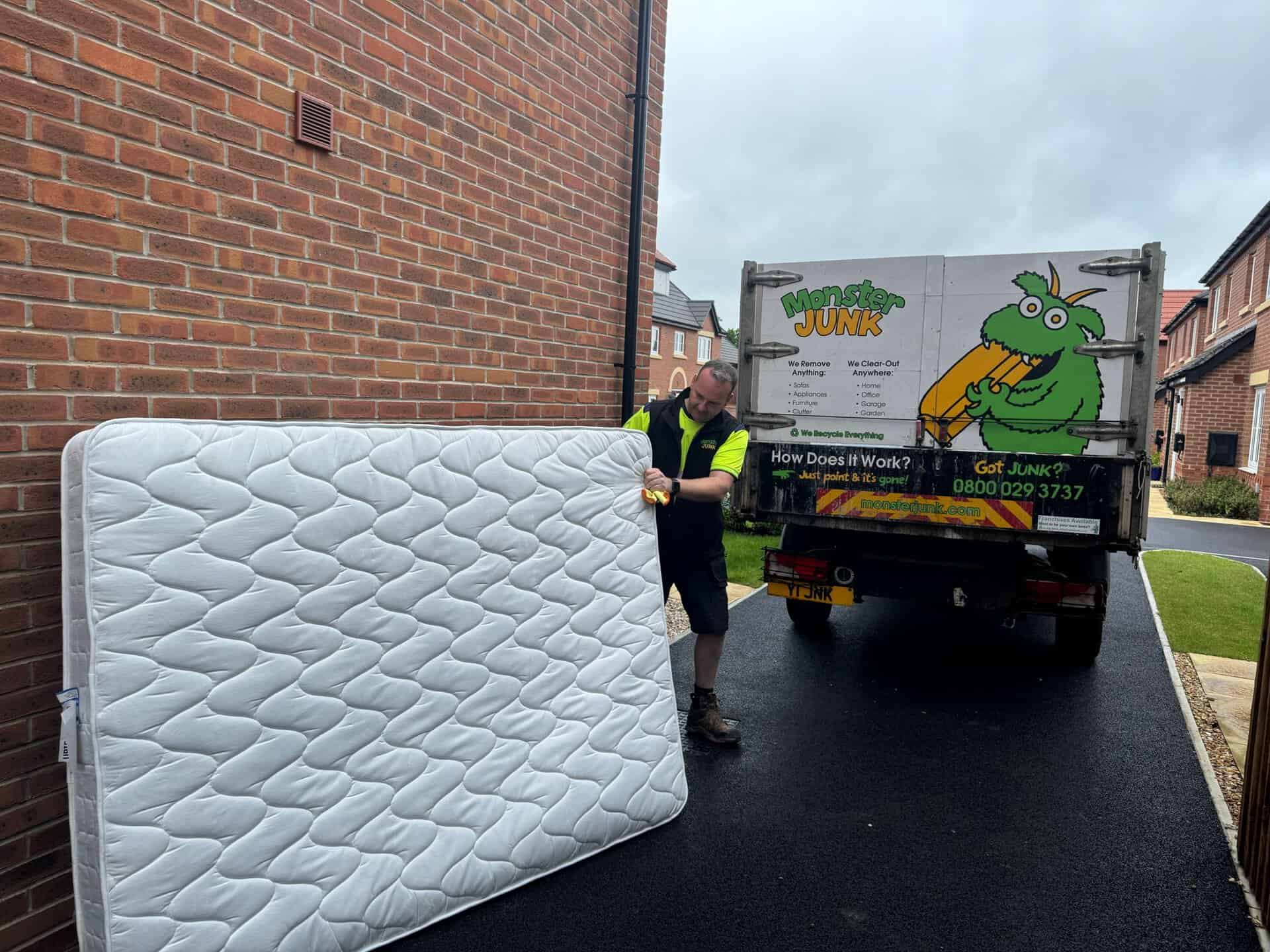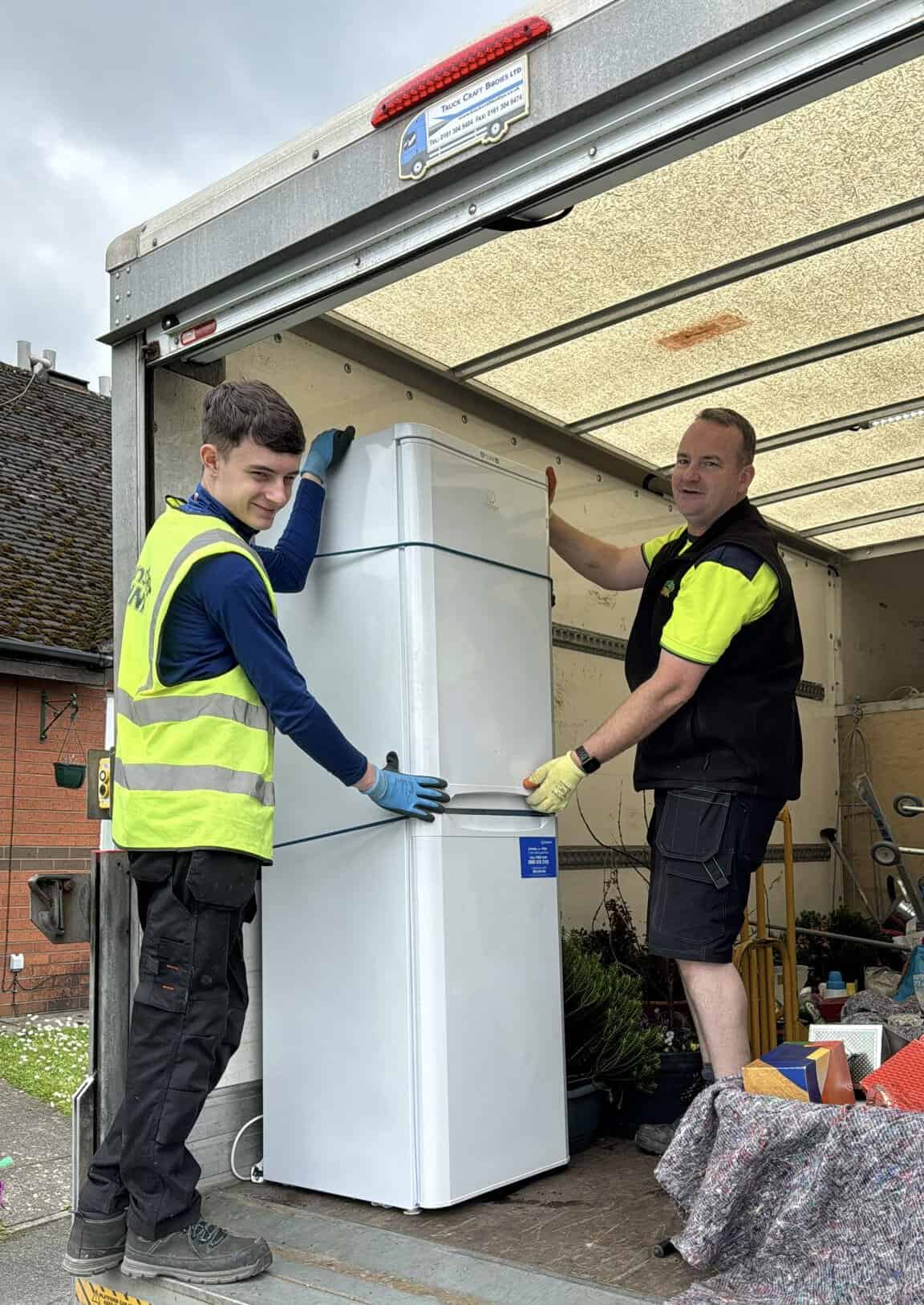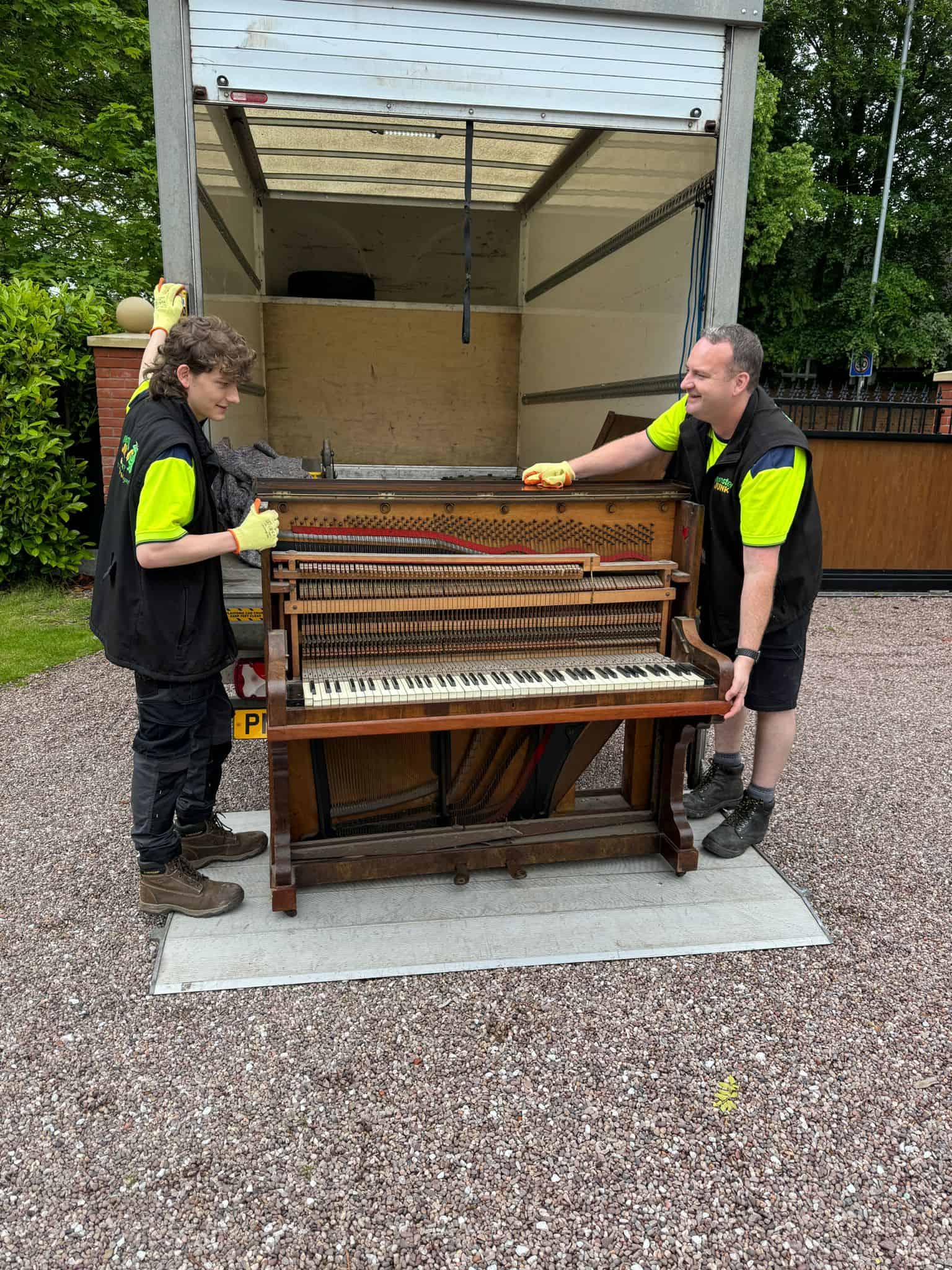
Persistent Organic Pollutants (POPs) in your home
What is a Persistent Organic Pollutant?
Persistent Organic Pollutants (POPs) are a kind of forever-chemical that won’t break down or biodegrade, so we have to manage them carefully so they don’t damage our wider environment.
Why would we have anything so horrible in our home?
Lots of things you sit on around the house - for example your sofa, armchair, recliner, office chair, futon, sofa-bed, bean bag, floor cushions, foot stools and upholstered dining chairs - have POPs lurking inside, because they have been treated with decabromodiphenyl ether (decaBDE). This is a flame retardant chemical, and was added to help your furniture pass fire safety standards. It’s there to help keep you safe from fast-spreading housefires.
Whoops, why did we use that?
We have a long history of flame resistant textiles created from nasty chemicals. In Ancient Greece they discovered that asbestos doesn’t burn easily - in fact the word asbestos comes from the Greek word for ‘inextinguishable’.
The Romans used asbestos in shrouds to keep people’s ashes contained in cremations. In 18th century Europe, King Charlemagne used asbestos on tablecloths, to prevent disasters caused by drunken guests knocking over the candlesticks. By the 17th century asbestos was used widely for theatre curtains, reducing the very real risk of fire from stage lighting in wooden theatres closely packed with people.
When we worked out how dangerous asbestos was, ingenious and creative chemists began looking for alternatives. The trouble was that the things that worked best tended to wash out in repeated laundering, and it wasn’t until 1912 that anything with longevity was achieved. Two world wars advanced the technology significantly, and then in the 1950s governments began to impose regulations for clothing and textiles that significantly raised safety standards in homes and hospitals, leading to ever more effective fire precautions. The impact on the environment has been realised fairly late, and DecaBDE was banned in 2019. It shouldn’t really be in anything manufactured after then.
Why do we need to worry about POPs?
If we don’t manage them properly, POPs could cause significant harm to the environment in the long term. Since January 2023, regulations say we all have to take extra care when recycling any domesting seating and soft furnishings, in case they contain dangerous POPs chemicals. The rules apply to anything made from leather, synthetic leather, fabric or foam. Even if they are less than three years old, and shouldn’t contain POPS, the environmental regulations require us to separate all upholstery, seating and soft furnishings to be processed separately just in case.
What does this mean for us?
When we throw things away - dispose of your old sofa, get rid of the armchair or junk the dining room furniture - we need to make sure we do it carefully, that’s all. If you take things to the local authority household waste recycling centre (the local tip or dump), you’ll be asked to separate POPs things into a different place. If you call a collection service to take your junk, they will list any POPs items separately and you may have to pay an environmental surcharge to cover the cost of recycling the POPs furnishings as ‘hazardous waste’.
Got POPs waste but don't know how to dispose of it yourself? Look no further, Monster Junk are happy to help. Call us on 0800 029 3737 or head to the 'Contact us' page on our website for more info.
Thank you for caring about the environment and making careful, responsible decisions about how you get rid of things you’ve finished with. It isn’t easy in the modern consumer environment where we are encouraged to replace and renew furniture without much consideration of the real cost of displacing the furniture you throw away. Together we can make a difference and help ensure the planet is a safe and hospitable place for our children’s children.


